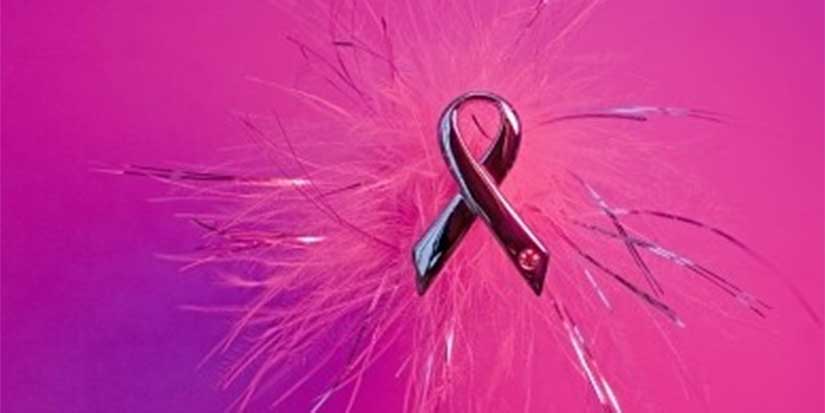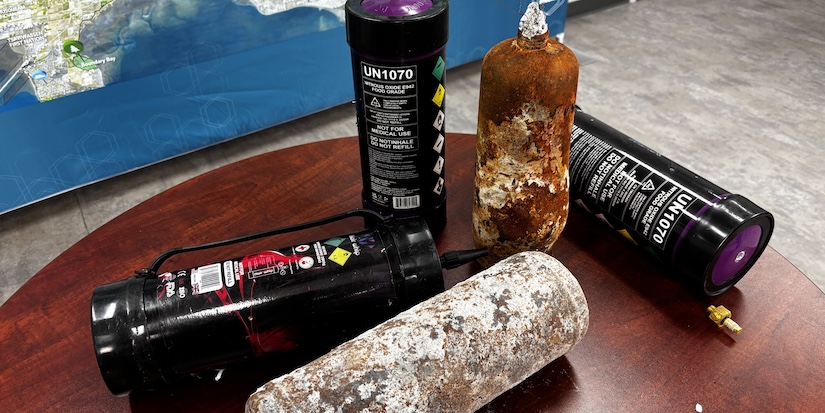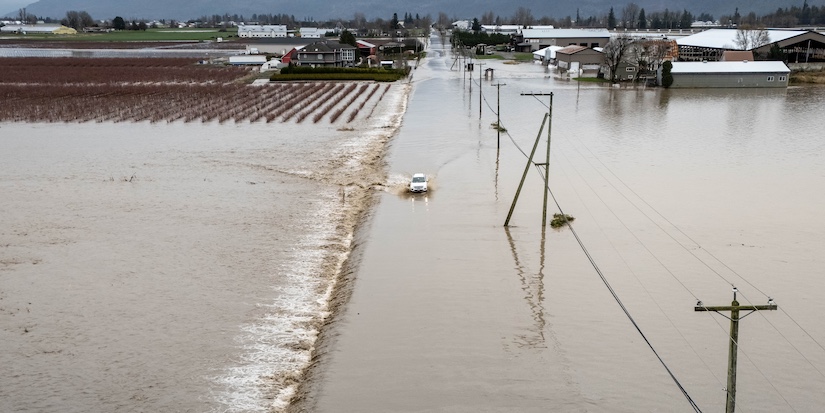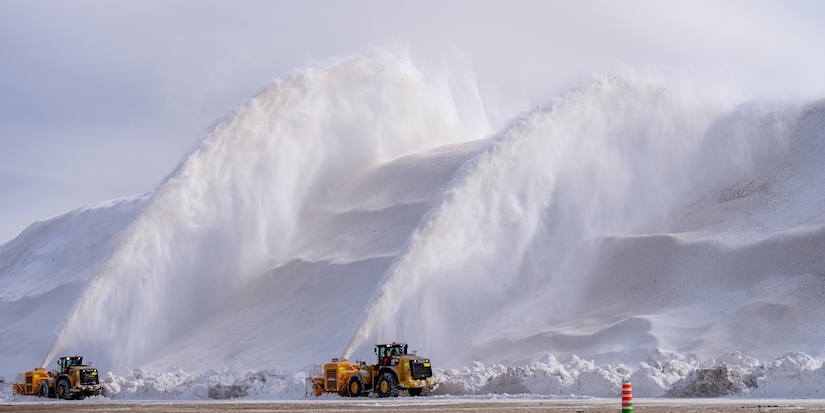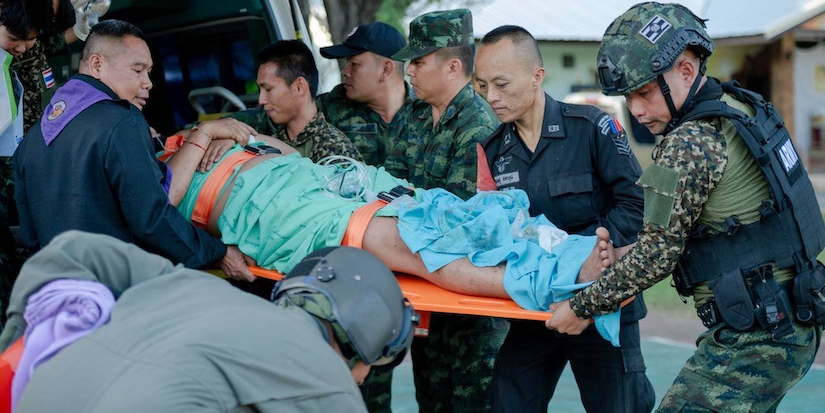Latest News
Worth the risk, worth the time
Published 12:23 PDT, Thu October 31, 2019
Last Updated: 2:13 PDT, Wed May 12, 2021
—
There’s a risk to everything. But sometimes, it’s worth the risk. For instance, would you do something that’s as dangerous as smoking half a cigarette if it could save your life?
That’s how risky the radiation from a mammogram series is: the same as smoking half a cigarette, once in your lifetime.
A mammogram series is the specialized x-rays taken to look for hidden bumps and lumps in breast tissue that could lead to cancer. While the vast majority of breast lumps are not cancer, it’s better to be on the safe side.
Also, even if the lump turns out to be cancer, found early with mammograms when they are smaller than the pip in a lemon, they can sometimes be removed through a small incision, leaving a very small mark.
The earlier and smaller a cancer is found, the greater the chances of surviving it long term.
Most breast cancers, found early, can be cured.
It’s not the main lump that kills people. It’s when it has grown so big that it goes to seed, spreading cancer beyond the original tumour, to other parts of the body. Cancer can spread tiny cells throughout the body, the way dandelion seeds spread through the air. Those cancer seeds then take root, growing, turning into tumours in other parts of the body, making treatment more difficult and cures harder to come by.
Women over 40 do not need a doctor’s referral to get a mammogram. To find a mammogram clinic near you, check with screeningbc.ca/breast, or call 604-244-5505 and ask to book an appointment.
Some of the mammogram clinics allow you to keep your own blouse on so there’s no need for a hospital gown. The techs doing the mammograms are women who work gently and professionally. The series of a few x-rays take minutes, minutes that could save your life.
One additional group who should speak to their doctor about a mammogram are men from families with one of the BRCA genes associated with breast, ovarian and other cancers. Men with a BRCA gene are at risk for breast cancer.
Mammograms are covered by MSP so there is no charge. This long-standing screening program, run by skilled technicians and with specialized doctors who study the x-rays to find any signs of tumour, means BC has one of best breast cancer survival rates in the world. Still, just over half of the women who should go for the x-rays, actually have their mammograms.
Andrea Visscher of BC Cancer and the Provincial Health Services Authority says, “The average person spends more than five hours a day on their phone. BC Cancer is asking women ages 40-74 to take five minutes to book their next screening mammogram. It’s a phone call that could save a life.”
BC Cancer and the Provincial Health Services Authority offer these quick facts:
-Breast cancer is the most common type of cancer in women in B.C. About one in eight women will develop breast cancer in her lifetime.
-Getting regular screening mammograms can reduce risk of breast cancer death by 25 per cent by detecting cancer when it is small, allowing for more treatment options and a better chance at recovery.
-Mammograms can find lumps two or three years before a woman or her doctor can feel them.
-Breast cancer risk increases with age: 80 per cent of breast cancer cases are diagnosed in women over 50
- One in eight women will develop breast cancer in her lifetime. And one in 28 women is expected to die from the disease
-Screening mammography continues to be the best test to routinely detect breast cancer and reduce breast cancer deaths in average-risk women who do not have any symptoms
-B.C.’s overall breast cancer screening participation rate for women 50 to 69 is 53 per cent, below the national target of 70 per cent
-The BC Cancer Breast Screening Program achieves some of the best breast cancer survival outcomes in the world
-Mammograms are x-rays of the breasts that are done in complete privacy by a female technologist
-The BC Cancer Breast Screening Program provides free screening mammograms for eligible B.C. women ages 40+. A doctor’s referral is not required
-Women 40 to 74 with a family history of breast cancer should get a mammogram every year
-Women 40 to 49 without a family history should speak to their doctor about the benefits and limitations of mammography and when they should begin to screen
-Women 50 to 74 without a family history should get a mammogram every two years
-Women 75+ should talk to their doctor about if they should continue to screen
